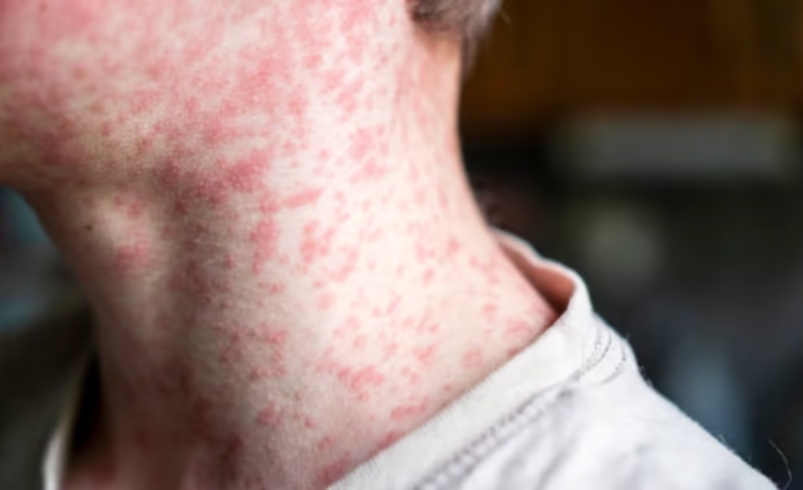Measles Resurgence in the U.S.: The Hidden Dangers Beyond the Rash
- July 12, 2025
- 0

Measles is experiencing a significant resurgence in the United States, reaching levels not seen in 33 years. This alarming trend is primarily attributed to declining vaccination rates and the spread of misinformation about vaccine safety. As a highly contagious viral infection, measles poses a serious public health challenge, especially in communities with low immunization coverage.
While measles is often recognized by its characteristic rash, the implications of the infection extend far beyond this visible symptom. The virus initially presents with fever, cough, runny nose, and red eyes, followed by the distinctive rash. However, these symptoms are just the beginning of potential health issues.
One of the most concerning aspects of measles is its ability to weaken the immune system. This immunosuppression can last for weeks or even months after the initial infection, leaving individuals more susceptible to other illnesses. Common secondary infections include pneumonia and ear infections, which can lead to further health complications if not promptly treated.
Beyond these secondary infections, measles can lead to severe and sometimes fatal complications. Subacute sclerosing panencephalitis (SSPE), a rare but deadly brain disorder, can occur years after measles infection. Other serious complications include myocarditis (inflammation of the heart muscle), blindness, and pregnancy-related issues such as miscarriage or premature birth. These potential outcomes underscore the critical importance of vaccination as a preventive measure.
Vaccination remains the most effective tool in preventing measles and its associated complications. By maintaining high vaccination coverage, communities can protect vulnerable populations and prevent outbreaks. Public health campaigns focused on educating about vaccine safety and efficacy are essential in combating misinformation and ensuring widespread immunization.